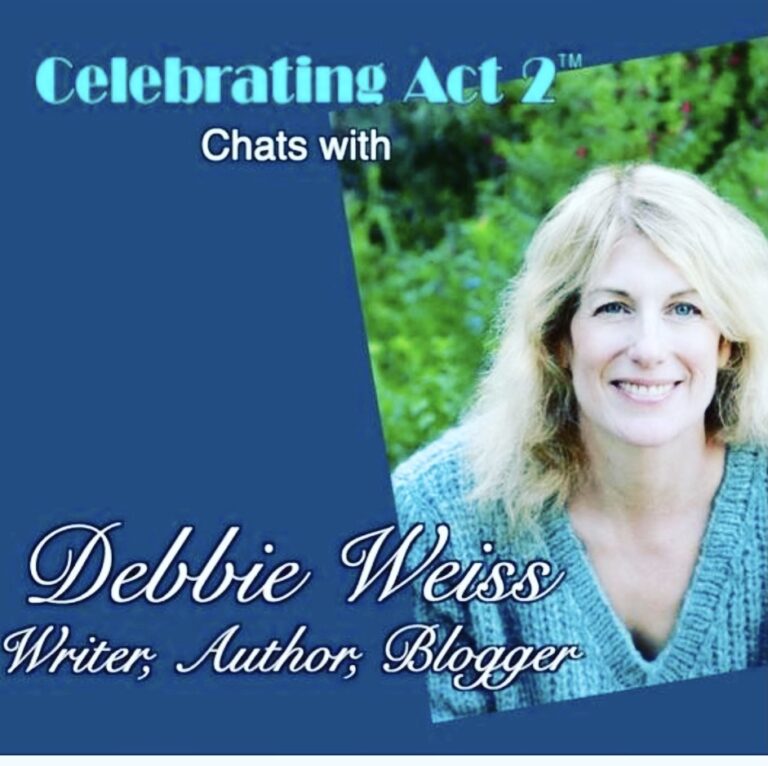
My You Tube Interview with Celebrating Act 2
The lovely fellows at Celebrating Act 2, a Youtube Vlog, interviewed me for their channel. Here’s the video:

The lovely fellows at Celebrating Act 2, a Youtube Vlog, interviewed me for their channel. Here’s the video:

Like so many who have fallen into abuse, I rationalized that I could help him to change. He needed me. Having failed to save my husband, I wanted to save someone, even someone who wasn’t very nice to me.
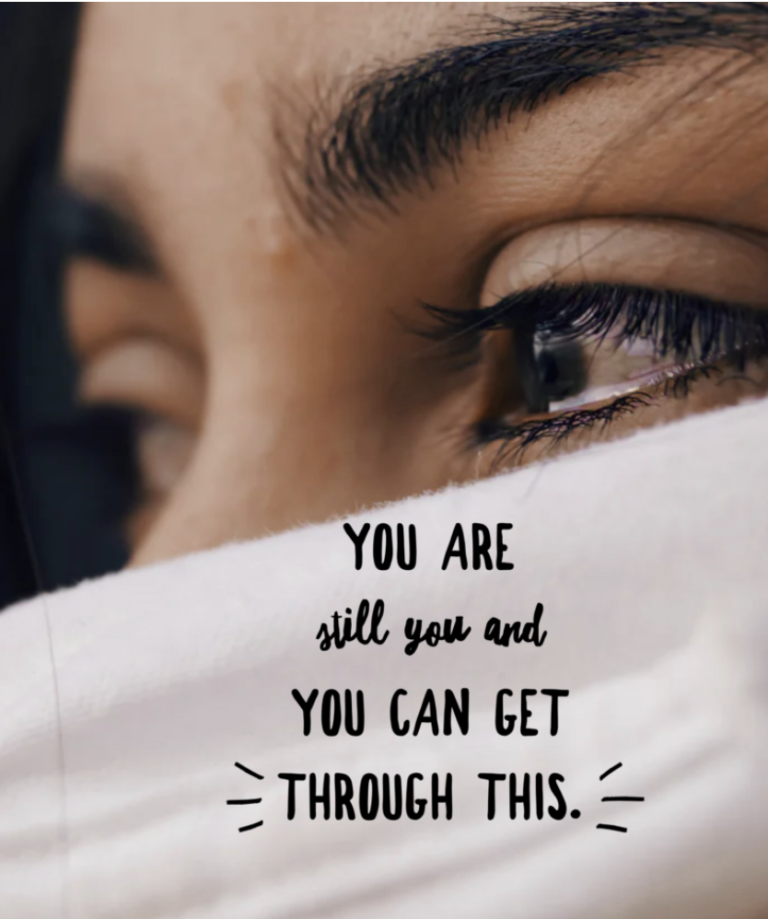
A few modest suggestions for the newly widowed as they grieve and begin to regroup.
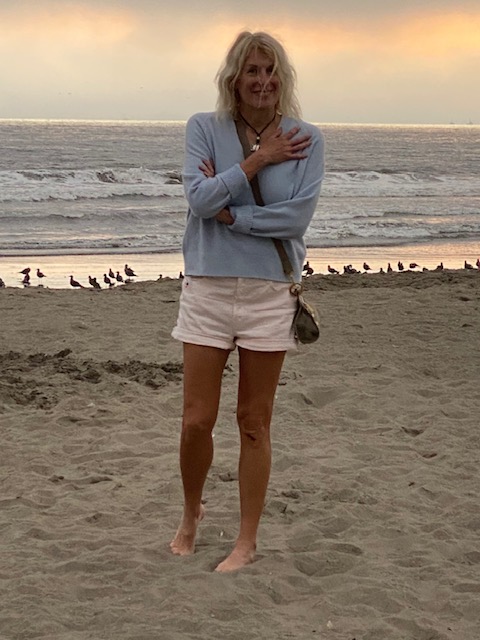
When I was widowed, I couldn’t stop thinking I was doing it wrong. But all we really have to do is to stop judging our own grieving.
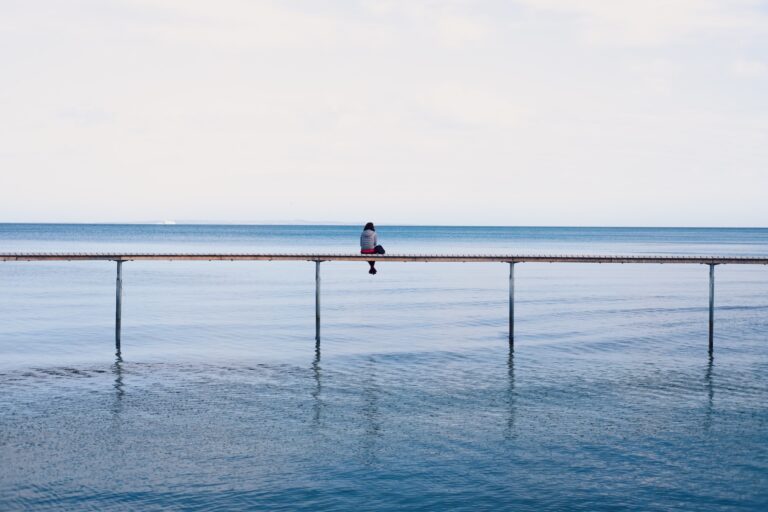
To be widow is to be a shape shifter. We move through different phases redefining ourselves after our loss.
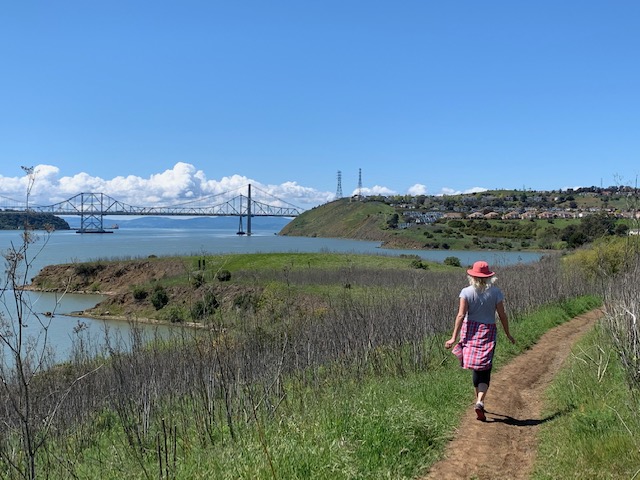
My quarantine resolution: to reconcile with gratitude. Otherwise, it’s too hard to live with someone this bitter.
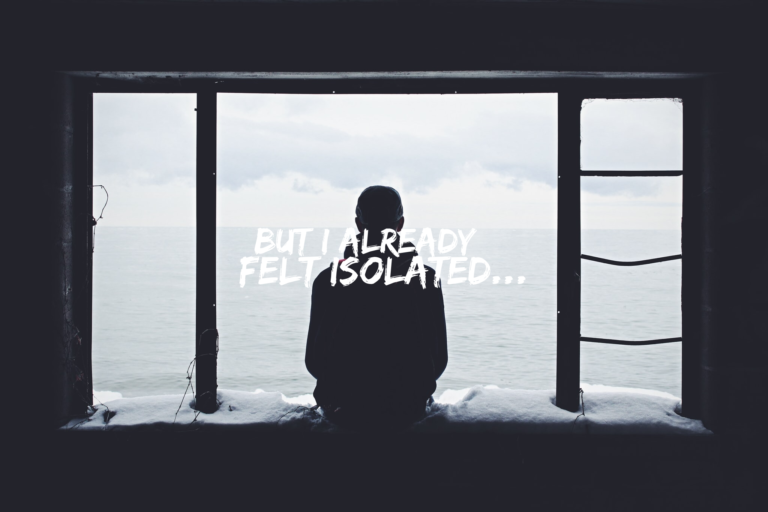
These are strange and worrisome times. And for those of us who already live with anxiety demons, there
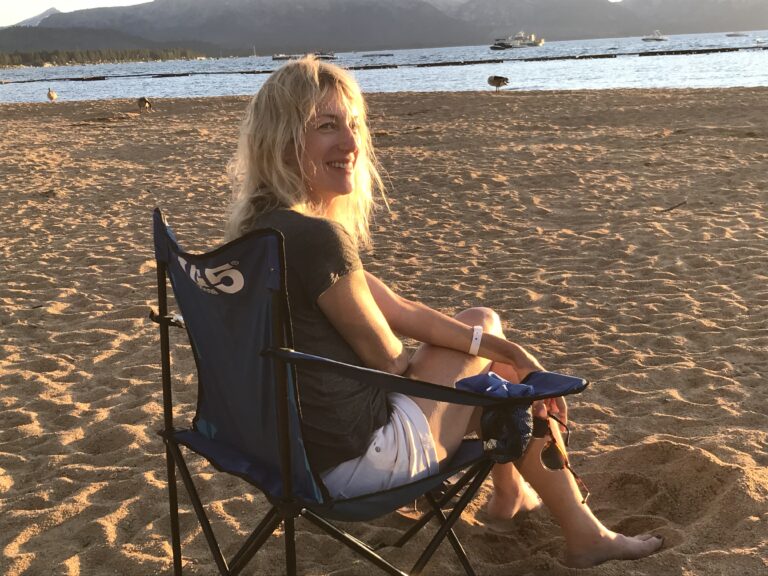
Dear Friends, I loved teaching the five-week essay writing class through Writing Pad. I’m doing it again in
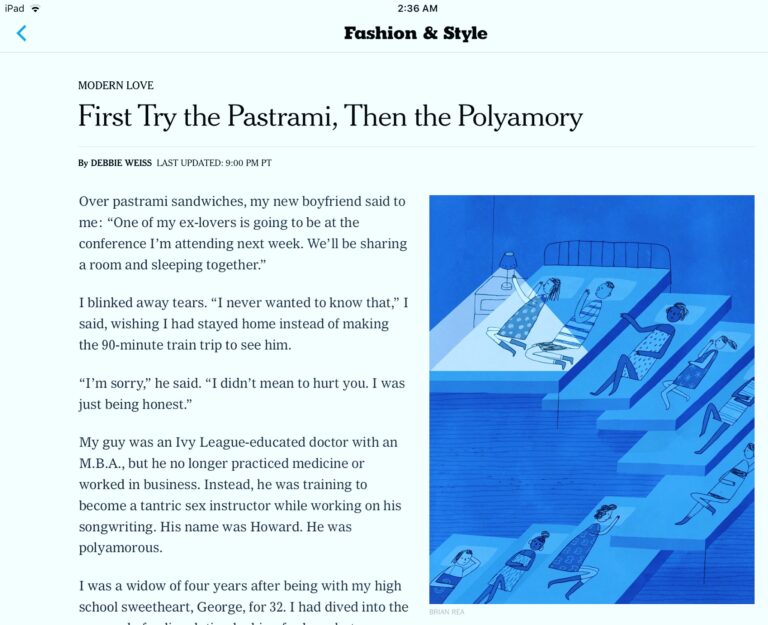
One of my dreams has been to be in the New York Times’ Modern Love column. Let’s go
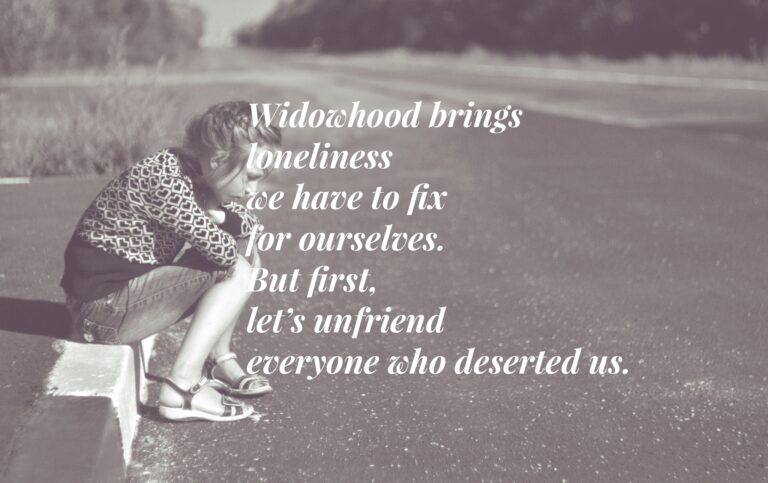
We are lonely. My post that’s gotten by far the biggest response is fighting the loneliness that comes
You have successfully joined our subscriber list.